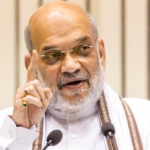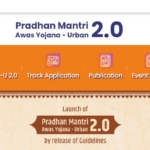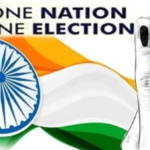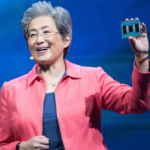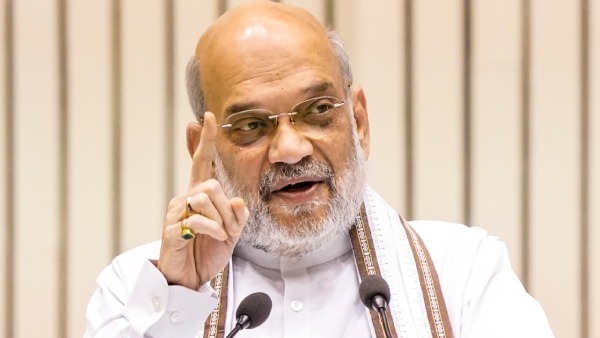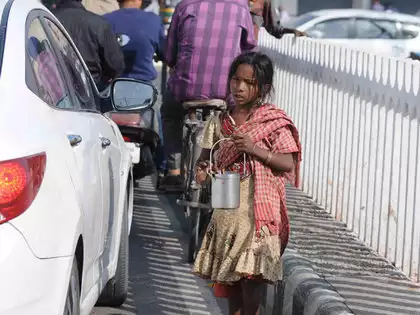Trump, Modi, and the Future of U.S.-India Ties Friendship Reignited
On September 17, as Prime Minister Narendra Modi celebrated his 74th birthday, he received an unexpected gesture from Donald Trump, who was then a Republican presidential candidate. Trump publicly announced that he would meet PM Modi during his visit to the U.S. for the Quad Summit, although the meeting never occurred. Still, this highlighted the close relationship between the two leaders, even though their history hasn’t always been smooth.
The bond between Modi and Trump was again evident after Trump’s victory in the 2024 U.S. presidential election. Modi was one of the first world leaders to congratulate Trump, calling him “my friend” in a post that included pictures of their shared moments at rallies in Gujarat and Texas during Trump’s first term. Trump returned the gesture with a phone call, praising Modi as a “magnificent man” and saying the “whole world loves” him.
Trump’s warm words and chemistry with Modi are a positive sign for U.S.-India relations. This is especially important for India at a time when the U.S. government, under President Joe Biden, has been critical of some Indian actions, such as the Khalistani issue. With Trump back in office, India may hope for a shift in U.S. priorities, particularly around issues that have strained ties.
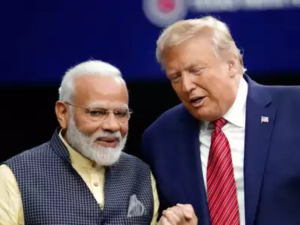
What Trump’s Presidency Means for India-U.S. Relations
- The early exchanges between Modi and Trump point to a continuation of the close relationship between India and the U.S. during Trump’s first term. One of the critical areas of cooperation was defence. Under Trump, the two countries strengthened their defence ties, which is likely to continue in his second term, despite challenges in trade.
- India will also appreciate Trump’s hard stance on terrorism. During his first term, the U.S. cut $300 million in aid to Pakistan and designated Pakistan-based terrorist Masood Azhar as a global terrorist following the 2019 Pulwama attack in India. With Trump back in power, India will likely hope for continued support in curbing terrorism and keeping Pakistan in check.
- Trump’s foreign policy goals, such as bringing peace to the Middle East and reducing tensions in Ukraine, align with Modi’s vision of diplomacy. As Modi has repeatedly said, “This is not an era of war,” Trump’s “America First” rhetoric in his victory speech highlighted a similar desire for peace. Trump even claimed that his administration had avoided war during its first term.
Stronger Military Ties Ahead?
- Defence cooperation is expected to be a significant focus if Trump returns to the White House. In his first term, Trump removed barriers to deeper military ties with India, allowing India access to sensitive U.S. defence technologies, including encrypted communications. He also revived the Quad, a strategic alliance with the U.S., Japan, Australia, and India, which counterbalanced China’s growing influence in the Indo-Pacific.
- India’s military ties with the U.S. will likely remain strong, especially if tensions with China reoccur. While the border standoff between India and China has eased in recent years, India would look to the U.S. for support should the situation worsen.
♦Also Read| Donald Trump Back in Power Shaping the Future of America and the World
Trade and Immigration Challenges?
- However, India faces potential challenges in areas like trade and immigration. During his first term, Trump’s “America First” approach included criticism of India’s trade practices. He famously called India a “big abuser” in trade relations with the U.S. and threatened to impose retaliatory tariffs on Indian exports.
- India will also be concerned about immigration issues, particularly for its IT professionals. During Trump’s first term, the denial rate for H-1B visas—the work visas for skilled professionals—rose significantly, from 6% in 2016 to 24% in 2018. If this trend continues, it could make it harder for Indians to secure U.S. work visas, hurting the Indian tech sector.
In short, while India stands to gain from continued defence cooperation and alignment on global issues under Trump, the country will also have to navigate tricky trade and immigration issues. How the Modi government negotiates these challenges with Trump 2.0 will be crucial for the future of India-U.S. relations.


